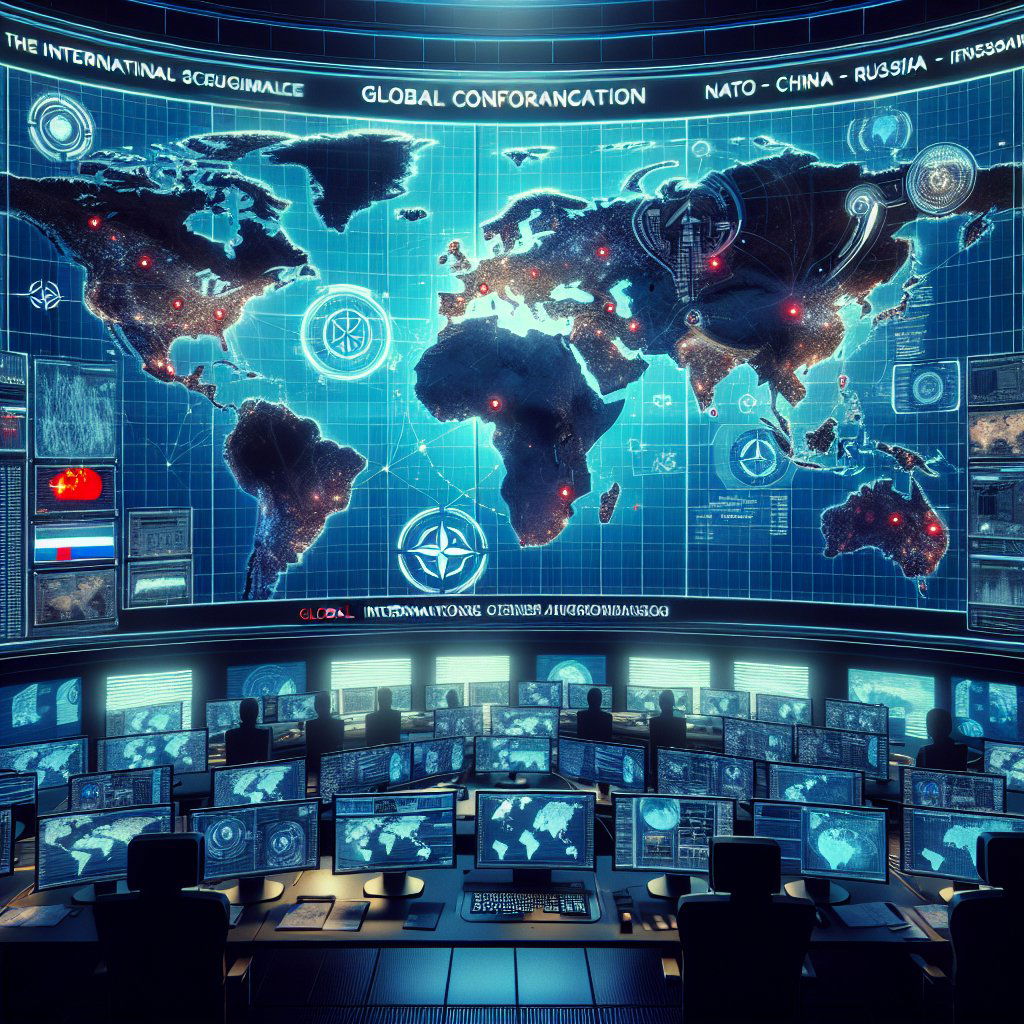Image created by AI
Tensions Escalate as China Rebukes NATO Over Russia Alliance Comments
Amidst rising global tensions, China has cautioned NATO against igniting any further confrontations pertaining to its increasingly close ties with Russia. This stern warning comes as the North Atlantic Treaty Organization criticized China for its role in allegedly assisting Russia’s aggression in Ukraine.
During a recent summit in Washington, NATO leaders released a declaration stating that China's unwavering support has become instrumental in enabling Russia's military operations in Ukraine. The alliance expressed "profound concern" over the "no limits" partnership that has significantly bolstered Russia's defense capabilities.
Responding to these accusations, a spokesperson for China’s mission to the European Union stated that NATO should pivot its focus from fabricating a so-called China threat to contributing towards global peace and stability. The spokesperson emphasized China’s neutrality in the Ukraine crisis and reiterated that China was not involved in its inception, maintaining an open and clear stance on the matter.
Despite not condemning Russia's invasion, China has previously advocated for a "political settlement" to the ongoing conflict. Beijing has maintained its stance as a neutral entity, claiming to refrain from supplying lethal aid to any of the warring sides—a stance that contrasts with the actions of the United States and other Western nations supporting Ukraine.
However, China’s booming economic relationship with Russia since the onset of the conflict has not gone unnoticed. With Russia's economy becoming increasingly isolated due to sanctions, China has emerged as a critical trading partner.
The Western powers, particularly the United States and Europe, have scrutinized this partnership. They allege that Beijing is covertly providing Russia with crucial components that sustain Russia’s military manufacturing—allegations that China explicitly denies.
Antony Blinken, the United States Secretary of State, has pointed out specific areas such as machine tools and semiconductors, which he believes are being used by Russia to rebuild its military prowess, despite international sanctions intended to weaken its capabilities.
In light of these charges, China staunchly defended its position, underlining that it refuses to be a subject to criticism or pressure regarding its relationship with Russia.
The implications of China's response are significant, touching on the larger narrative of geopolitical alignments and the complexities of international relations in times of conflict. As NATO continues to address what it perceives as challenges to Ukrainian sovereignty and global security, the interplay between China and Russia will remain a subject of pronounced international scrutiny and diplomatic maneuvering.










